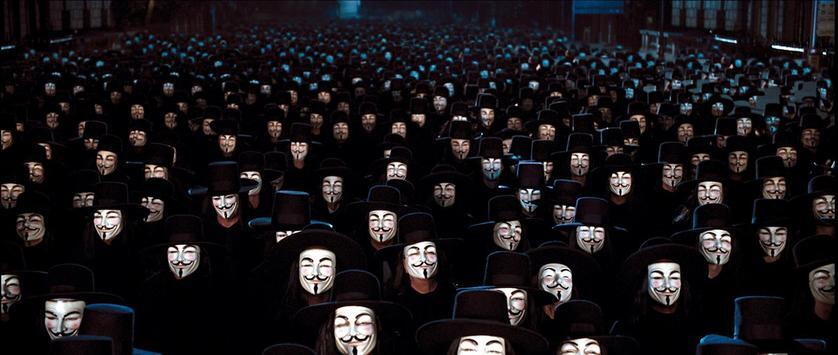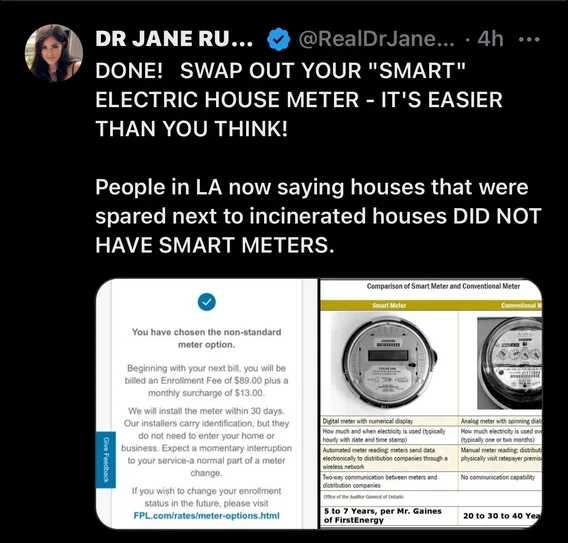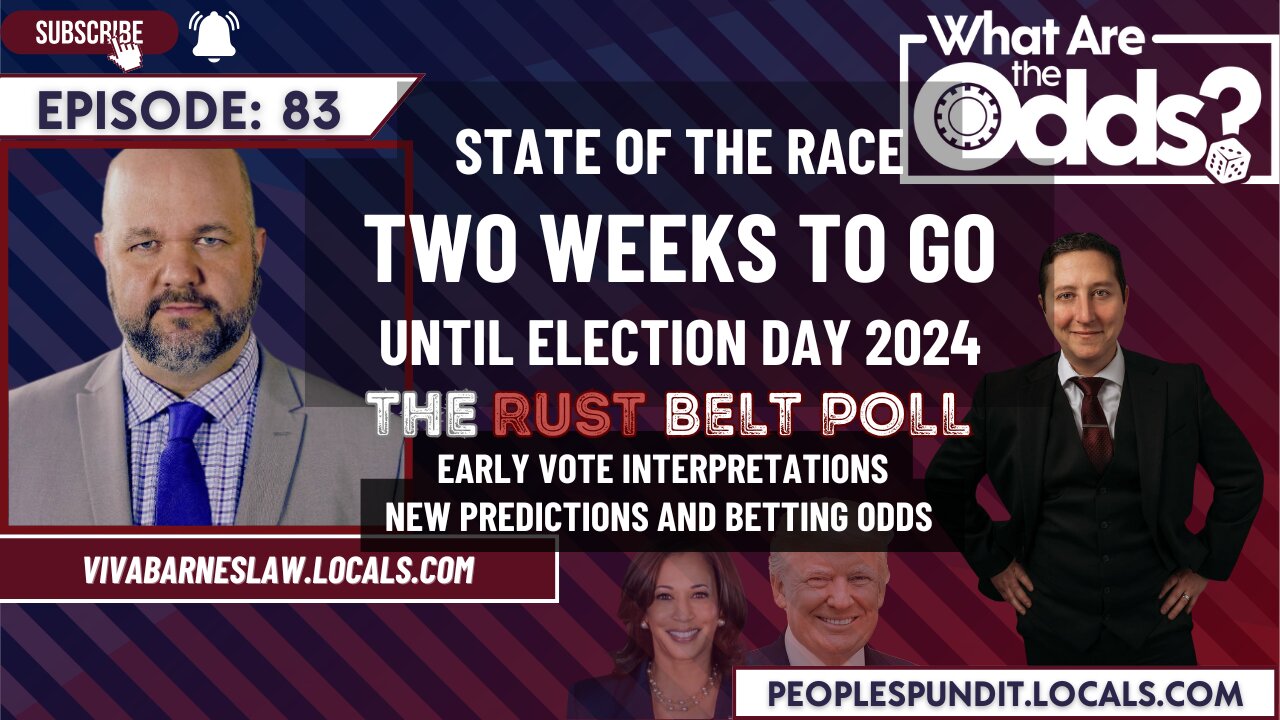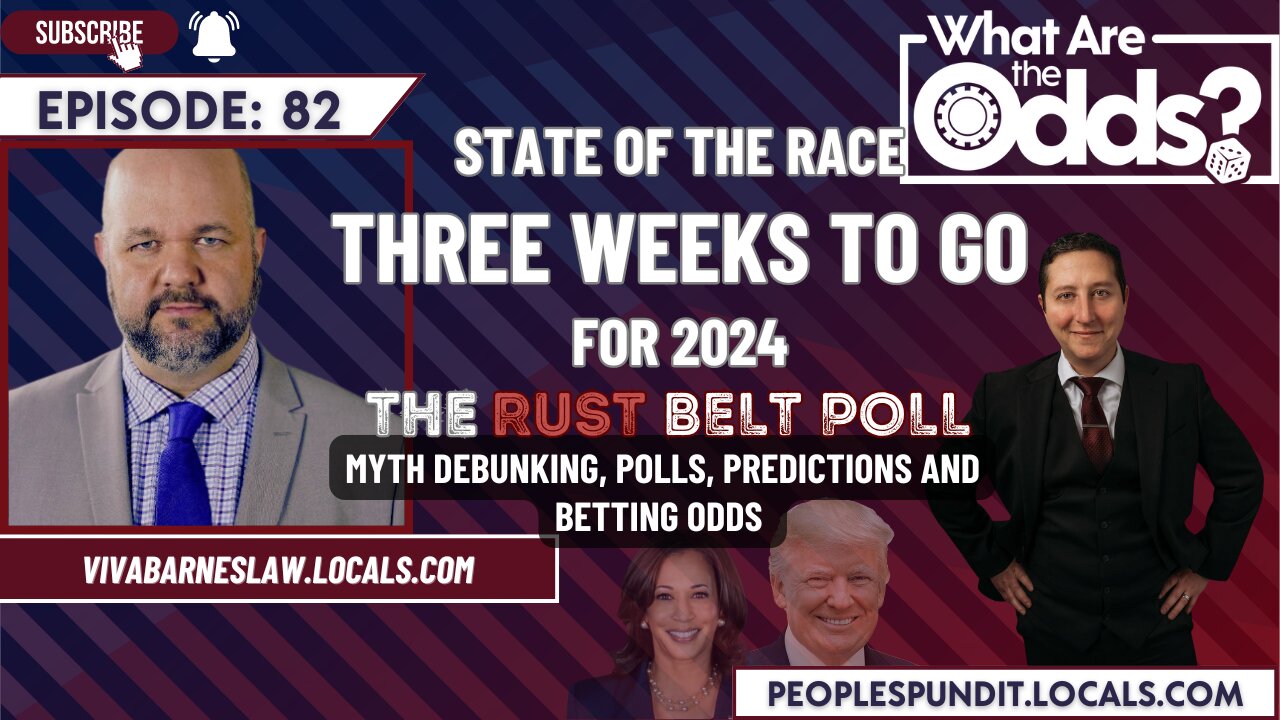- Note: A new, more concise, curated Barnes Brief to focus attention on a more selective exploration of substantial subjects.
Schedule: Past & Prospective
- What Are The Odds:
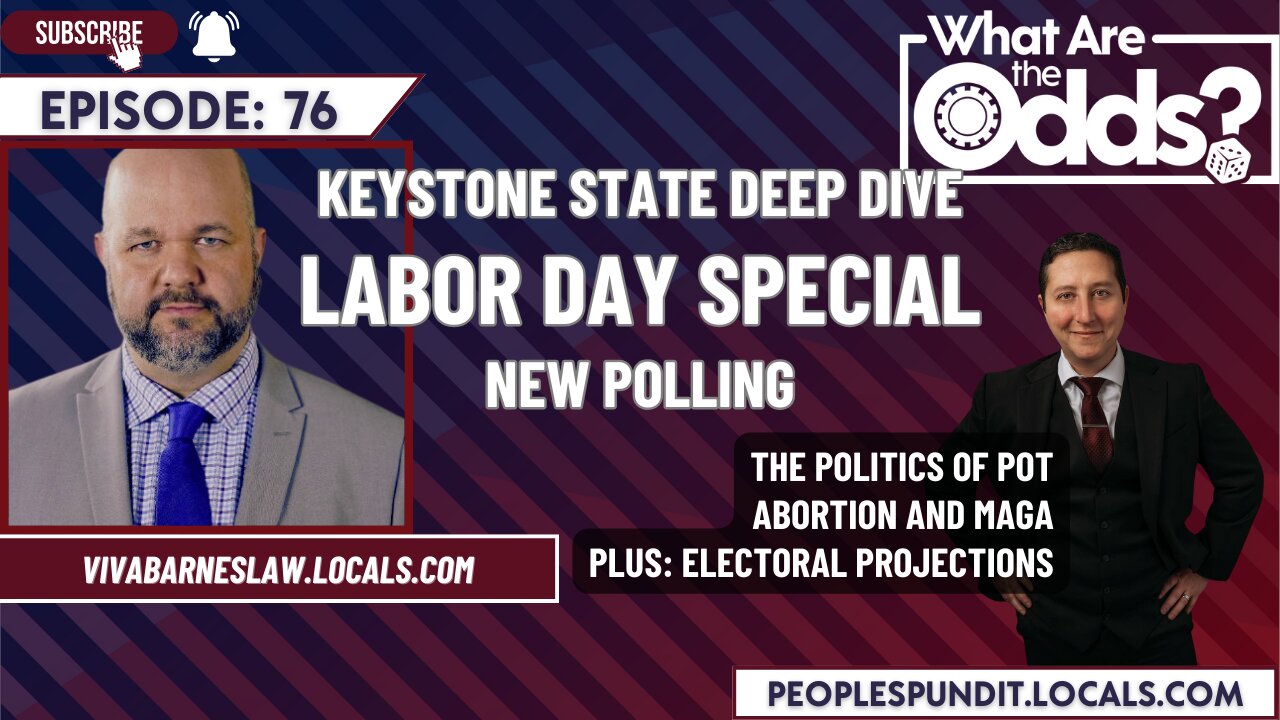
- Friday LIVE: https://sportspicks.locals.com/post/6081769/betting-w-barnes-friday-september-6-2024
- Saturday Movie: TBD
- Sunday: Law for the People w/ Viva
- Closing Argument: The Right to Privacy Doesn’t End at Courthouse
Art of the Day: What we need to be in embrace of V for Vendetta’s message of the power of the individual to bespeak a revolution. “Everybody is special. Everybody. Everybody is a hero.” That is when “people shouldn’t be afraid of their government. Governments should be afraid of their people.”
Wisdom of the Day: “Our masters have not heard the people’s voice for generations and it is much, much louder than they care to remember.” V for Vendetta.
Book Recommendation: My Deep State book list (in progress). https://www.goodreads.com/review/list/130921670-robert-barnes?ref=nav_mybooks&shelf=deep-state
The Merits: Top Five Curated Articles from The Barnes Library
- Economy: Americans lose out in jobs. https://www.zerohedge.com/markets/great-replacement-job-shock-13-million-native-born-americans-just-lost-their-jobs-replaced
- Politics: Kennedy Trump alliance. https://www.wsj.com/opinion/trump-can-make-america-healthy-again-rfk-jr-reforms-chronic-disease-crisis-a9b4b8c0?st=4w601dlfq6vln1d
- Geopolitics: Macron’s gamble fails. https://www.courthousenews.com/france-braces-for-right-wing-government-in-spite-of-election-results/
- History: Hitler’s need for war.
- Culture: Hope in Hollywood.
Homework: Top 5 Cases TBD on Sunday
- As forecast: https://www.cbsnews.com/news/trump-sentencing-delay-hush-money-case-new-york/
- They forget: the last Russiagate hoax. https://www.axios.com/2020/03/16/justice-department-russian-trolls-internet-research-agency
- FARA too far. https://digitalcommons.law.uw.edu/wlr/vol96/iss2/11/
- Musk vs. Media Matters. https://fingfx.thomsonreuters.com/gfx/legaldocs/mopaqagdapa/X%20v%20Media%20Matters%2020240829.pdf
- Inalienability of Publicity. https://scholarship.law.upenn.edu/cgi/viewcontent.cgi?article=3443&context=faculty_scholarship
Closing Argument: The Right to Privacy Doesn’t End at Courthouse
From a recent brief in federal court of mine.
Americans do not forfeit their Constitutional rights to protected activity and all privacy merely because they also assert their Constitutional right to petition the court for redress of grievances. An employer does not get to use their own prior religious discrimination to again discriminate against their ex-employee in the very case seeking remedy for the past religious discrimination. A case of religious discrimination does not authorize federal courts to conduct heresy trials as the new Inquisitor of Appellant’s life history, invasively scrolling through Appellant’s sexual history, psychological counseling, medical records, religious affiliations, political activities, and intimate conversations throughout their life to see if the court approves.
“Inviolability of privacy in group association" is "indispensable to preservation of freedom of association, particularly where a group espouses dissident beliefs." Id. Indeed, “it is hardly a novel perception that compelled disclosure of affiliation with groups engaged in advocacy may constitute as effective a restraint on freedom of association as the forms of governmental action” NAACP v. Ala., 357 U.S. 449, 462 (1958). Revealing such information exposes her associates to risk of “economic reprisal, loss of employment, threat of physical coercion, and other manifestations of public hostility.” NAACP, 357 U.S. at 462.
Federal Courts recognize a constitutionally based right of privacy that can be raised in response to discovery requests. See Breed v. United States Dist. Ct. for Northern District, 542 F.2d 1114, 1116 (9th Cir.1976) (balancing the invasion of minor's privacy rights against the court's need for ward files); Johnson by Johnson v. Thompson, 971 F.2d 1487, 1497 (10th Cir.1992), cert. den. 507 U.S. 910, 113 S.Ct. 1255, 122 L.Ed.2d 654 (1993) (denying discovery of names of participants in a medical study due to privacy interests of the individual participants). Guthrey v. California Dep't of Corr. & Rehab., 1:10-cv-02177-AWI-BAM, 14 (E.D. Cal. Jun. 27, 2012) ("the initiation of a lawsuit does not, by itself, grant plaintiffs the right to rummage unnecessarily and unchecked through the private affairs of anyone they choose. A balance must be struck.") Buckley v. Valeo, 424 U.S. 1, 64, 96 S.Ct. 612 (1976) ("[W]e have repeatedly found that compelled disclosure, in itself, can seriously infringe on privacy of association and belief guaranteed by the First Amendment").
"A party who objects to a discovery request as an infringement of the party's First Amendment rights is in essence asserting a First Amendment privilege." Perry v. Schwarzenegger, 591 F3d 1126, 1140 (9th Cir. 2009); See also, Black Panther Party v. Smith, 661 F.2d 1243, 1264 (D.C. Cir.1981), cert. granted and vacated as moot, 458 U.S. 1118, 102 S.Ct. 3505, 73 L.Ed.2d 1381 (1982); see also Fed. R. Civ. P. 26(b)(1) ("Parties may obtain discovery regarding any nonprivileged matter that is relevant to any party's claim or defense[.]") (emphasis added). "Importantly, the party seeking the discovery must show that the information sought is highly relevant to the claims or defenses in the litigation—a more demanding standard of relevance than that under FRCP 26(b)(1).("The request must also be carefully tailored to avoid unnecessary interference with protected activities, and the information must be otherwise unavailable.") Guthrey v. California Dep't of Corr. & Rehab., 1:10-cv-02177-AWI-BAM, 14-15 (E.D. Cal. Jun. 27, 2012) (“substantial privacy interest in his subjective religious views, as well as the identity of the individuals he shares those views with - whether in a place of worship or in casual conservation.”). Critically, discovery cannot be “used to gain access to unfettered inquisitions into an individual's most private and intimate religious views” because” a "chilling impact on religious associational rights would result.” Guthrey v. California Dep't of Corr. & Rehab., 1:10-cv-02177-AWI-BAM, 16 (E.D. Cal. Jun. 27, 2012).
Under the Pennsylvania constitution, the right to privacy is an “inherent right of mankind” enshrined in “Article 1, Section 1.” Pennsylvania State Educ. Ass'n v. Commonwealth Dep't of Cmty. & Econ. Dev., 148 A.3d 142, 150 (Pa. 2016). “Article 1, Section 8 [of the Pennsylvania constitution], . . . is meant to embody a strong notion of privacy, carefully safeguarded in this Commonwealth for the past two centuries.”Com. v. Edmunds, 586 A.2d 887, 897 (Pa. 1991). “[C]itizens (as persons, unrelated to any subjective expectations) have the ‘right to immunity of the person,’ the ‘right to be let alone,’ and the ‘right to one's personality.’” Pennsylvania State Educ. Ass'n, 148 A.3d at 150. The right to privacy is “‘[t]he greatest joy that can be experienced by mortal man . . .in small as well as in big things. Of all the precious privileges and prerogatives in the crown of happiness which every American citizen has the right to wear, none shines with greater luster and imparts more innate satisfaction and soulful contentment.’” Id. at 151 (quoting Com. v. Murray, 223 A.2d 102, 109 (Pa. 1966)).
The broad right of privacy under the Pennsylvania constitution is not even limited only to government actors, for if “private intermeddlers may, without legal responsibility” intrude into the right to privacy, “then all constitutional guarantees become meaningless aggregation of words, as disconnected as a broken necklace whose beads have scattered on the floor.” Com. v. Murray, 223 A.2d at 110.
In examining the scope of the right to privacy under the Pennsylvania constitution, courts “balance the public interest in disclosure of the requested information against the ‘individual's right to privacy and personal security.’” Pennsylvania State Educ. Ass'n, 148 A.3d at 154 (quoting Sapp Roofing Co. v. Sheet Metal Workers' Int'l Ass'n, Loc. Union No. 12, 713 A.2d 627, 630 (199 8)). This right to privacy is not limited to the home, but also to “to the doctor's office, the hospital, the hotel room, or as is otherwise required to safeguard the right to privacy involved in such intimate relationships.” In re "B", 394 A.2d 419, 424 (Pa. 1978). Indeed, one of the objects of the right to privacy is “to protect an individual from revealing matters which could impugn his character and subject him to ridicule or persecution,” such as mental health, sexual history, and HIV diagnoses. Stenger v. Lehigh Valley Hasp. Ctr., 609 A.2d 796, 800 (Pa. 1992). Thus, there is no “general power to inquire into private affairs and to compel disclosures but only with such limited right of inquiry as is pertinent.” Annenberg, 2 A.2d at 617-18. Subpoenas “commanding plaintiffs to produce” “a mass of books and papers in order that there might be a search through them to gather evidence” are “void in that they do not show that the demands therein are germane to the inquiry.” Id. at 618.
Rather than force heresy trials on those discriminated against petitioning the court for redress of greivance, it is time to restore the right of privacy from the prying, spying eyes of the judiciary.

